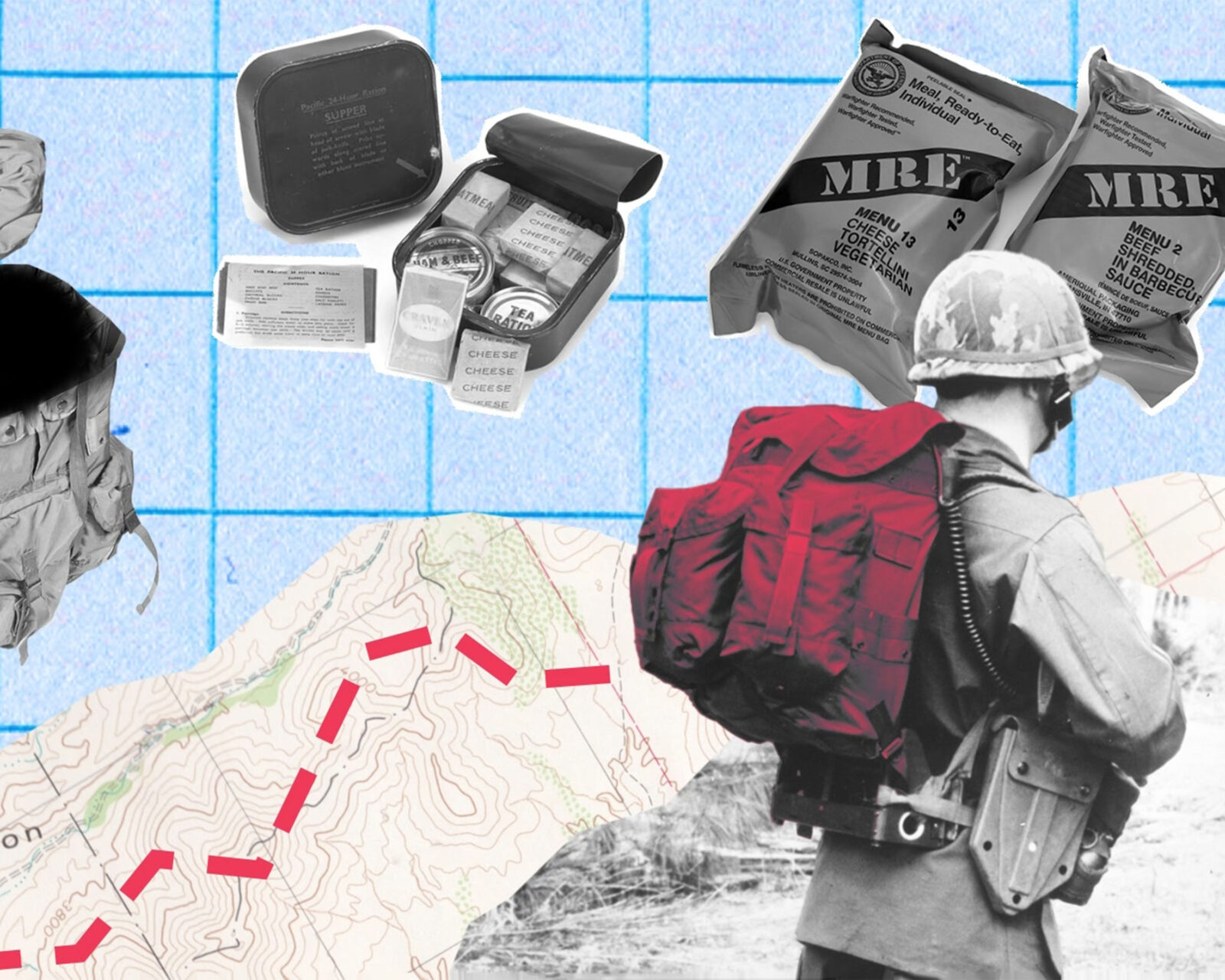Video Transcript
Edmund: Oh, hey you. What are you doing in there? Hey guys. Today we’re gonna go camping. Okay? So Jesus offers us himself in the sacrament of the Eucharist. But you might wonder, am I worthy to receive Jesus? And I’ve heard of two ways people try to answer this question. On the one hand, they might say, well, Jesus wouldn’t deny anyone. So everyone is worthy to receive Jesus. And then on the other hand, sometimes people say, well, how could anyone ever be worthy to receive Jesus? Like Jesus is perfect and God and I’m a human person. And Jesus did say pretty directly in John 6:53, he said, “Truly, truly, unless you eat the flesh of the Son of Man and drink his blood, you have no life within you.” So Jesus is inviting us to receive him in the Eucharist. So to understand this a little better, I need to understand the Eucharist is food for the journey. But what is this journey? Well, the journey is our Christian life. We need supplies for a journey. So let’s go camping. Okay, so who is worthy to receive the Eucharist? Well, first, let’s talk about two heresies that can be tempting to believe. First of all, a heresy is a false teaching that’s condemned by the Church officially as being untrue. The first one is a heresy called Jansenism. Jansenism is a heresy that emphasizes grace and denies the role of free will. Jansenism says, “We don’t really have free will and grace from God can’t be denied.” It says that we can’t resist this grace that God gives us, which would deny our role to actually choose ad have a free choice. The other heresy is Pelagianism. Pelagianism is the opposite. So it emphasizes free will and denies the role of grace. In pelagianism, we’re saying that, “well, I can just choose to be good and I don’t need God’s help at all.” This incorrectly assumes like, I can be good. I can be worthy to receive the Eucharist apart from God’s grace. I can do it all on my own. So you can think of free will and grace as these two aspects that are part of the Christian life and it’s complex. On the one hand, we’re not all just made worthy from God’s grace, regardless of what we do or our actions or our choices. On the other hand, we can’t just choose to be good apart from God’s assistance and grace to help us to choose the good. We do need grace in the Christian life. So likewise, when we go camping, we could try to go out in the wilderness and survive on our own, but we’d probably be doing that at our own peril and risk. But also if we rely too much on our gear or we bring way too much gear, we’d also put ourselves at risk. If we’re out camping or hiking. We’re the ones that need to choose to cooperate with these aids while we’re out camping or hiking. Likewise, we can choose to cooperate with God’s grace and God’s aid to help us to become worthy to receive him in the Eucharist. For me, this is the type of camping and tools that uh, I’m comfortable with. So here’s the the thing, right? Jesus desires to give us himself in the Eucharist. We’ll never be perfect, but we can’t wait till we’re perfectly worthy to receive Jesus in the Eucharist. Can you imagine bringing all this food on a camping trip but not eating it till the journey’s over? No. In the same way, the Eucharist is food for the journey. It’s to help us get to our destination, which is heaven. The Eucharist isn’t a reward for being perfect, but we also have to do our best to choose to be as prepared as possible as we can be to receive the Eucharist. The Catechism says in paragraph 1385, it says this, “To respond to this invitation, we must prepare ourselves for so great and so holy a moment. St. Paul urges us to examine our conscience. “Whoever therefore eats the bread or drinks the cup of the Lord in an unworthy manner will be guilty of profaning the body and blood of the Lord. Let a man examine himself and so eat of the bread and drink of the cup. For anyone who eats and drinks without discerning the body, eats and drinks judgment upon himself.” Anyone conscious of a grave sin must receive the sacrament of Reconciliation before coming to communion. So the Eucharist is unlike any other encounter we can have here on Earth, and we should prepare ourselves for it appropriately, but we should still desire to receive it because Jesus gives us himself in the sacrament of the Eucharist.




